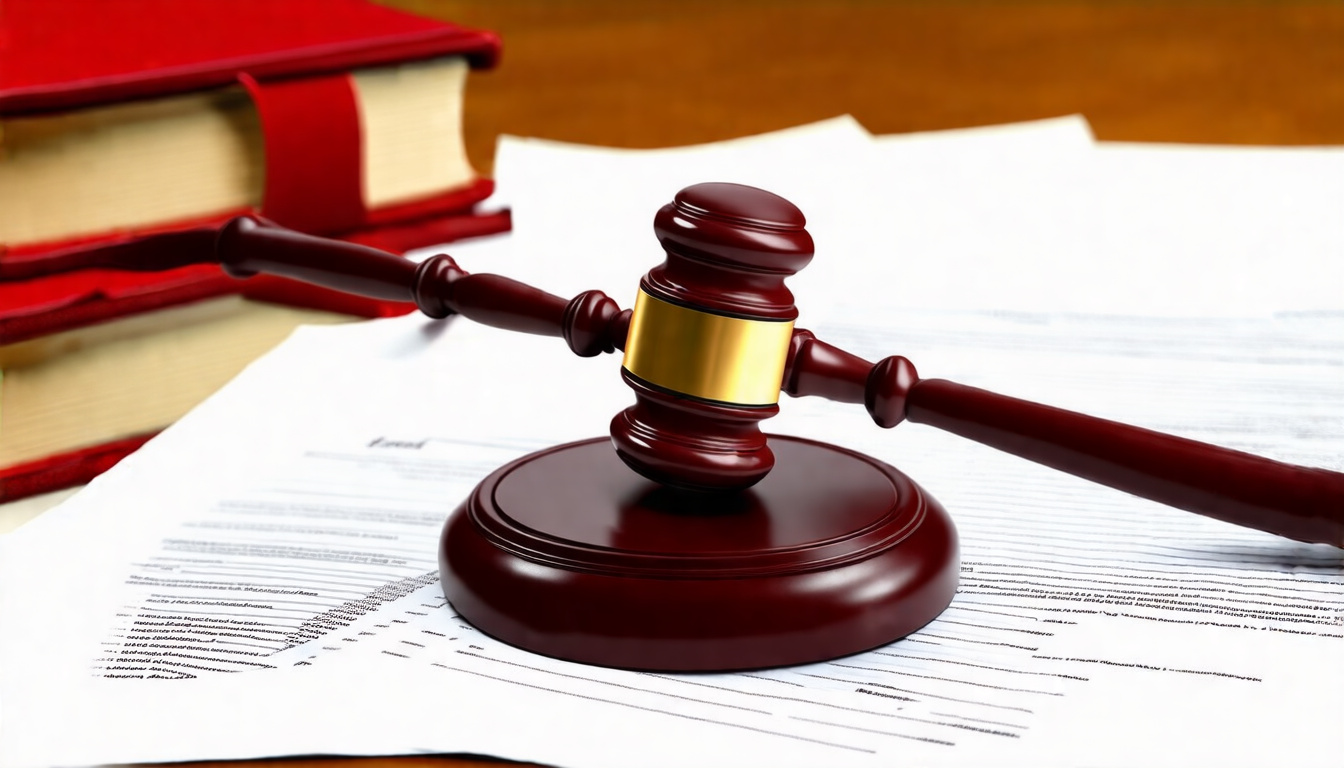Statutory liability matters when laws hold you responsible. Businesses and individuals need this knowledge to follow rules and avoid fines. Laws require actions or prohibit behaviors. Failing to comply risks penalties, fines, or legal cases. Know your statutory liability to handle business, work, the environment, and other legal duties.
In this article we explain statutory liability, its duties, examples, and ways to manage it.
What Is Statutory Liability?
Statutory liability comes from statutes. Governments pass laws that require actions or ban behaviors. This rule does not need any agreement or consent. A person or a business faces liability if they fail to do what the law requires. These duties might include safe workplaces, clean environments, fair taxes, or proper reports. Breaking the rules can bring penalties, fines, or even criminal charges.
Common Areas Covered by Statutory Liability
Many laws target businesses. Below are key sectors where this liability shows up:
1. Employment and Workplace Safety
Employers must keep workplaces safe. They follow laws that stop accidents. Missing safety rules risks heavy fines or legal cases.
2. Environmental Compliance
Laws protect the environment by limiting waste and pollution. Companies must follow these rules or face steep fines.
3. Taxation and Financial Reporting
Tax laws require accurate tax returns and timely payments. Not following these rules can cause audits, penalties, or legal action.
4. Consumer Protection
Consumer laws ensure product safety, clear labels, and honest trade. Violations may cause legal claims and fines.
Examples of Statutory Liability in Practice
Consider these examples:
• A construction firm fails to use safety barriers. This breach of workplace rules may lead to injuries and liability.
• A manufacturer exceeds allowed emission levels. Environmental laws call for fines in such cases.
• A business skips or underreports its tax return. This act invites penalties from tax authorities.
• A retailer sells unsafe products with poor warnings. Consumer laws then trigger legal action.
Each example shows that diverse sectors face statutory liability.

How to Manage and Minimize Statutory Liability
To reduce risks, use these steps:
- Stay informed on laws: Check which rules apply to your work.
- Build compliance programs: Write clear policies and train staff.
- Audit regularly: Check practices and fix faults early.
- Hire experts: Get legal and compliance advice for tricky rules.
- Keep records: Good documents back your duty to comply.
Following these steps may lower your statutory risk.
The Importance of Statutory Liability in Corporate Governance
Good governance means knowing your legal duty. Directors must see that laws hold them accountable. Personal liability arises if they ignore safety, the environment, or tax rules.
For deep guidance, look at the Australian Securities and Investments Commission (ASIC). ASIC shows how to meet statutory duties and keep corporate practices strong.
FAQ: Statutory Liability Variations Explained
Q1: What is the difference between statutory and contractual liability?
A1: Statutory liability comes from government laws, while contractual liability grows from agreements. Statutory rules apply no matter the consent.
Q2: Can a company director be personally liable for statutory breaches?
A2: Yes. In many areas, directors face personal risk if they break workplace, environmental, or financial laws.
Q3: How can small businesses meet statutory liability?
A3: Small firms must check relevant rules, use compliance tools, seek legal help, and train staff to meet the rules.
Conclusion: Taking Control of Your Statutory Liability Responsibilities
Know your statutory liability. It is a key part of doing business right. When you understand your legal duties, work hard on compliance, and speak with experts when needed, you lower risks and protect your work.
Do not wait for a breach to harm your business. Act now. Check your statutory risks and boost your practices. This not only saves money on fines and legal cases but also builds trust with customers, employees, and regulators.
Author: Doyle Weaver, Attorney at Law
Home | Estate Planning | Personal Injury | Hill Country Lawyer | Terms of Service | Privacy Policy
© 2025 Digital Law Firm, P.C.
Disclaimer: The content provided in this blog is for educational and informational purposes only. It is not intended to constitute legal advice or establish an attorney-client relationship. The information presented does not address individual circumstances and should not be relied upon as a substitute for professional legal counsel. Always consult a qualified attorney for advice regarding your specific legal situation. The author and publisher are not liable for any actions taken based on the content of this blog.

Leave a Reply